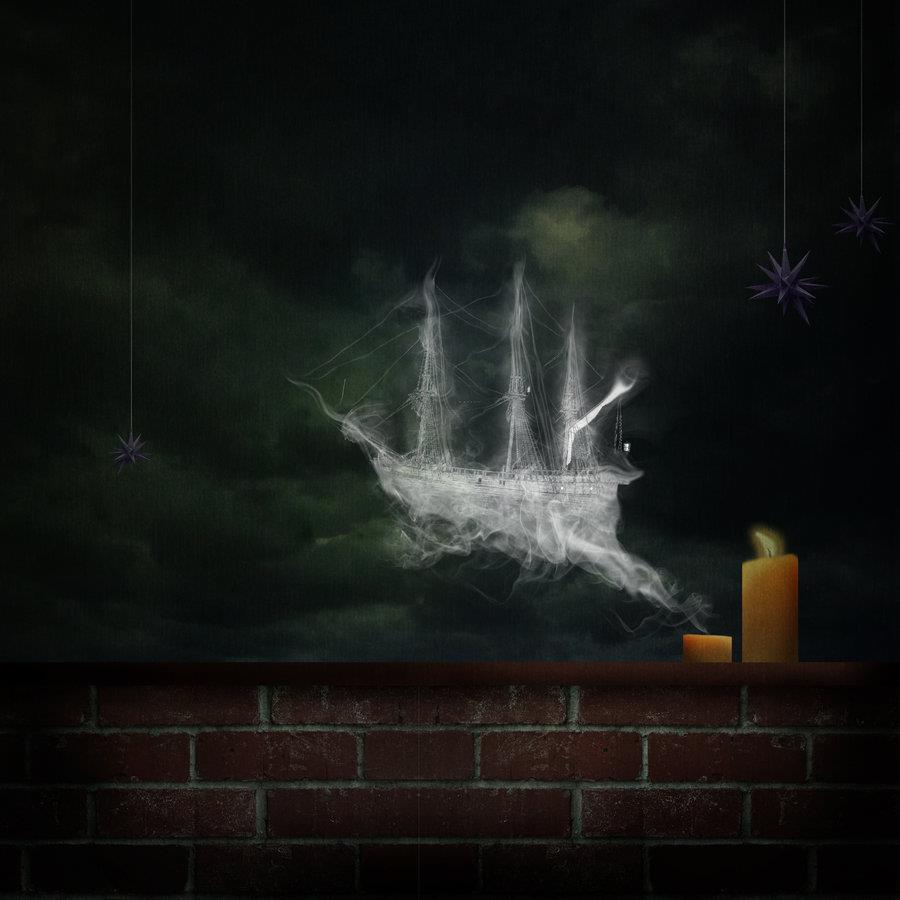Ok this is not a post that takes sadistic pleasure in making people sad or reminding people that they are about to die etc etc.This is just a philosophical take on the theory of death. I love philosophy and why not take a view on what death is .Just exploring what is death.

A brilliant lecture series on death by Shelly Kagan has triggered my thought process
So what is death? How do you define death?
One thing we all agree is that death is the END of something. Death signifies finish, end,completion. Something that dies does not exist after it is dead.
Yes I will talk about rebirth but more on that later
Back to death–
Various view points exist on this but majorly there are two lines of thought.Here we discuss the first one
Clinical death: You all must have heard the term clinically dead, in terms of science a person is dead when the body stops functioning. More specifically ,when a person stops breathing and when blood stops circulating the person is clinically dead. When blood flow stops, brain activity ceases in about 40 seconds and that marks the end of that person.This type of death is depressing, plain but agrees with whatever we see and observe.The question on what happens to a person who is dead is moot because that person does not exist
Now this particular line of thought defines death as cassation of functioning of various organs of a person. But then within its definition we have the ambiguous definition of the word person. If my blood is not flowing does that mean I don’t exist? More on what am I later.
But we do get a gist of what exactly clinical death is.
Another problem with this definition is that :it fails to address the question of revival of clinically dead people.
If I am dead I do not exist .In that case once my blood stops flowing , I cease to exist ,but what if I am revived? ,do I start existing again?
This is absurd,because if I did not exist, how can I exist the very next moment. Clearly this implies that even though I was clinically dead, I was not really dead because I still existed, only then can I be brought back. This means I am more than my blood flow and my brain activity. Or this death is not really death ,because I did not cease to exist after I was dead.
So this idea of death seems to lack something on philosophical grounds , the question still stands what exactly is death and how do you define something as dead?
—Part 2: Religious views on death
Leave a Reply